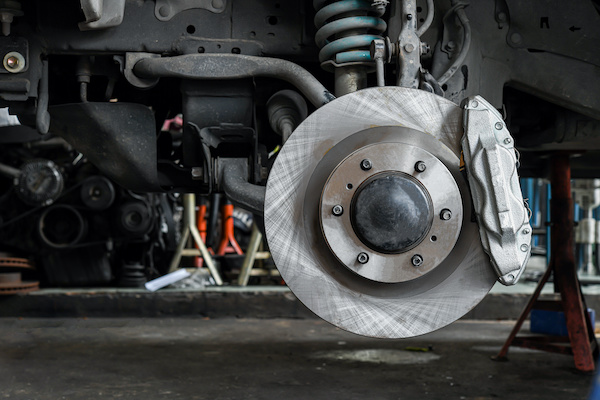
There is nothing more important than securing your safety on the road by having regular brake checks and maintenance. Without brake maintenance, you risk brake fade and brake failure. One issue that is commonly found during brake inspections are sticky calipers, which often lead to vehicle pulling when the brakes are engaged. Read on to learn more about the dangers of malfunctioning calipers.
Most cars have 2-4 calipers in their primary brake system. They can become sticky if the piston starts to malfunction. The piston sits inside the caliper to push hydraulic fluid into the brake system, which is necessary to engage the brake pads and rotors. Without this chain of events, your car will struggle to come to a full stop. Sticky calipers are usually caused by a leak of brake fluid from the hoses or cushion that protects the piston. As a result, you will be unable to attain effective braking and experience vehicle pulling.
Other Symptoms of Sticky Calipers
The first thing you can do to diagnose your brake problem is by paying attention to how your car reacts when you apply pressure to the pedal. If your vehicle pulls, accompanied by unusual grinding noises, it could possibly mean that your brake caliper is sticking.
Some other symptoms of sticky calipers include:
- Inability to stop
- Burning smell when braking
- High-pitched squeaks and squeals
- Physical evidence of a brake fluid underneath your car
If you do come to the conclusion that you have a leak, you most likely need to replace the calipers. Experts usually recommend changing them all at once so that you don't end up with the same problem on the other side.
As you can see, sticky calipers are among one of the many dangerous brake problems you have if you don't take proper care of your vehicle. For all your brake service and other automotive needs, we welcome you to bring your car to Complete Car Care Encinitas.